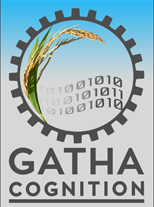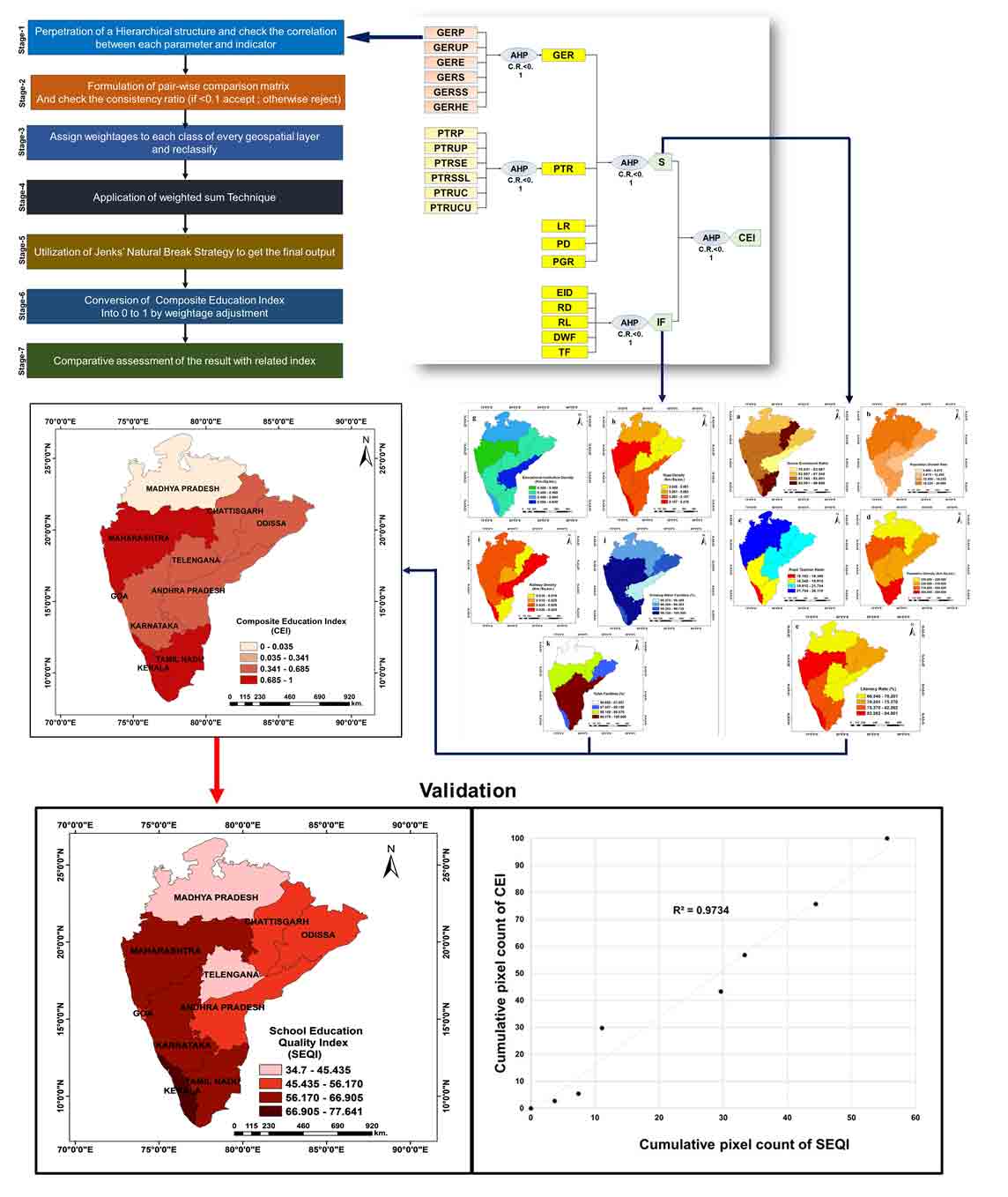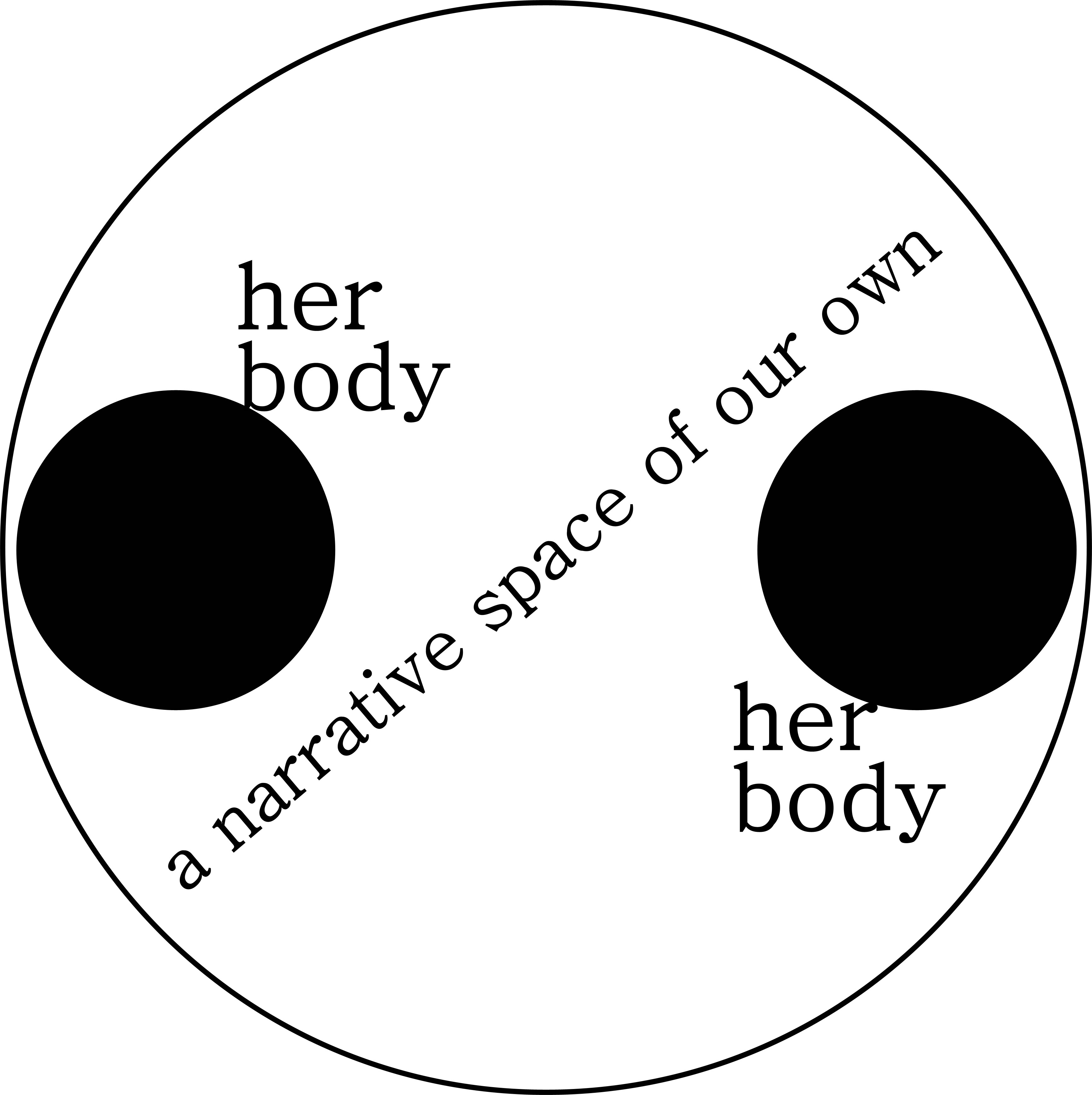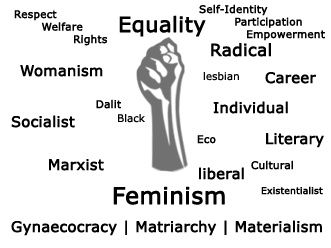Article Title :
Education, Illiteracy and Women in Rural Morocco: Case Study of Taounate Province 
6 (2022)
51-59
Education , Equity , Gender , Girls , Schooling


In an attempt to shed light on the general situation of rural women and girls, this article makes a part of an investigation carried out in a rural area of Morocco. The survey revolves around studying of the situation of rural women and girls in the province of Taounate. It has been built on fieldwork that was accomplished in three villages of the province. The study looks through the reasons why illiteracy is still at its height amongst females in these areas, despite various literacy campaigns conducted in the province; remarkably after the launching of the National Initiative for Human Development (NIHD) on the 18th of May 2005. Actually, there is a multitude of reasons leading to girls’ non-schooling in rural zones. It has been demonstrated that poverty, often declared to be behind this issue, should not be seen the main reason but other factors.
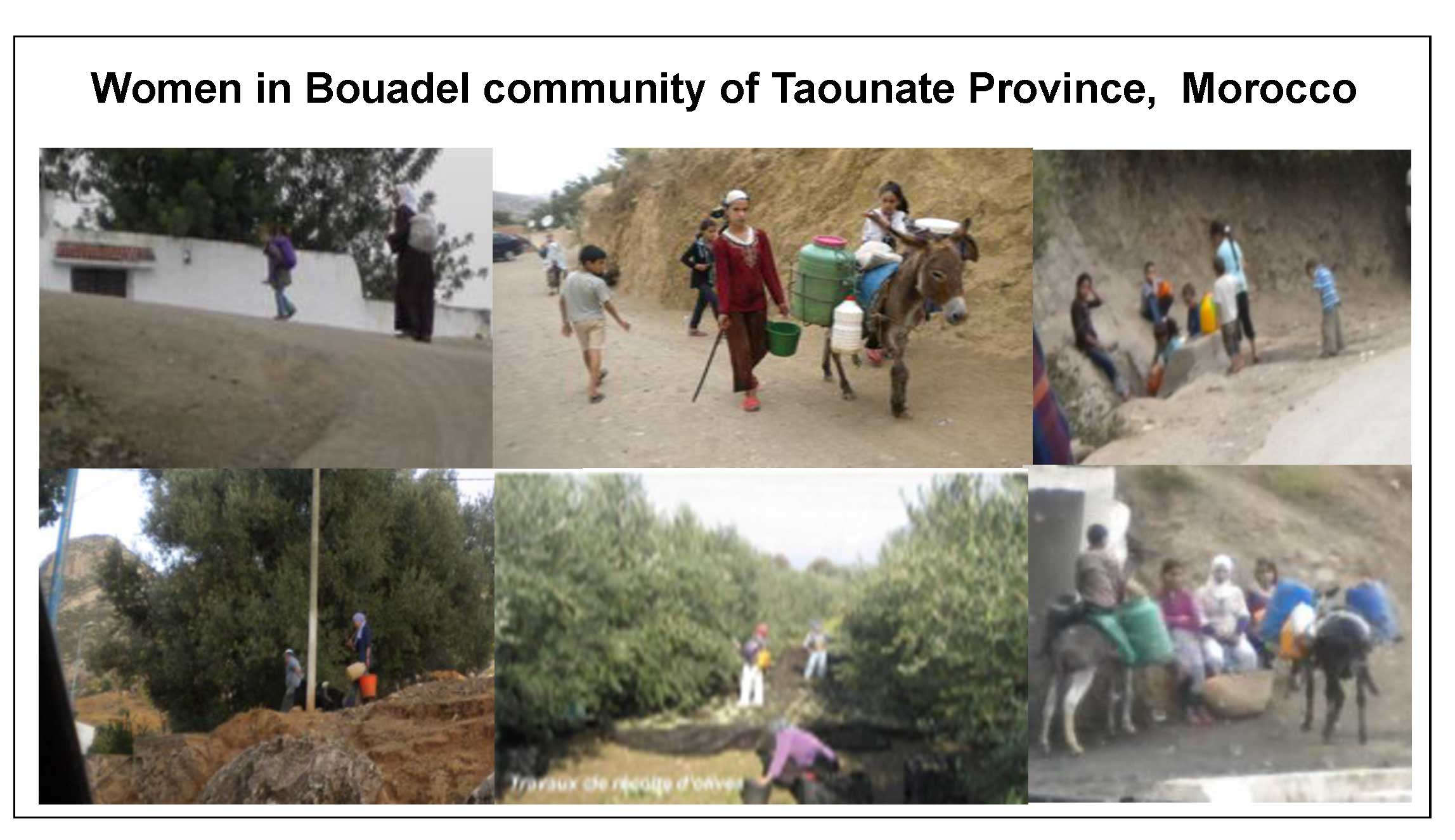
Illiteracy is still at its height amongst females in some areas, despite various literacy campaigns conducted.
There is a multitude of reasons leading to girls’ non-schooling in rural zones.
Poverty should not be seen as the main reason behind girls' non-schooling.
A study of the situation of rural women and girls in the province of Taounate.
Agnaou, F., 2004. Literacy, Gender and Development in Morocco. In, M. Ennaji, (Dir.) Société Civile, Genre et Développement Durable. Actes du colloque internationale Luso-American Foundation (FLAD), 73-80.
Belarbi, A., 1999. Petite Fille et Violence: Rompre la Chaîne.
Biadillah, M., 2002. Women in the Moroccan Economy: Employees, Self-employed. Business and Economics, 8.
Byrne, E. M., 1978. Woman and Education. London: Tavistock Publications.
Ennaji, M. and Sadiqi, F., 2008. Migration and Gender in Morocco. The Impact of Migration on the Women Left Behind. Trenton, NJ: The Red Sea Press.
Ennaji, M., 2004. North African Women, Development and Globalisation. In, F. Sadiqi, (Dir.). Femmes et Développement: Travaux du Colloque International. Fès, 10-11-12 Novembre 2000. Rabat : Publications Centre Tarik Ibn Ziad Phediprint.
Ennaji, M., 2008. Steps to the Integration of Women in Development. British Journal of Middle Eastern Studies.
Havighurst, R. and Dreyer, P. H., 1975. The Seventy Fourth Yearbook of the National Society for the Study of Education. Chicago: University of Chicago Press.
Lamrini, A., 2010. Gender Institutionalisation: Situation and Perspectives, a Case of Morocco. (French version). A Study Day on Information et sensibilisation des Diplomates Affectés à l’Etranger. Rabat 3 June 2010.
Maher, V., 1974. Women and Property in Morocco: their Changing Relation to the Process of Social Stratification in the Middle Atlas. Cambridge: Cambridge University Press.
McPhee, C. and Fitgerald, A., 1979. Feminist Quotations: Voices of Rebels, Reforms, and Visionaries. (First edition). New York: Thomas Y. Crowell, Publishers.
Alahyane, M., Belarbi, A., Azriwīl, F. A.-Z., Hajjarabi, F., Rahmouni, H., 1988. Femmes Partagées Famille – Travail. Rabat: Le Fennec.
Millet, K., 1985. Sexual Politics. G.B., Anchor Brendon LTD.
Sadiqi, F., 2003. Women, Gender and Language in Morocco. Leiden and Boston: Brill Academic Publishers.
World Bank, 2009. Eds.tats.
Zahid, F. and Hamdane, K., 2004. Les Femmes Rurales et l’Analphabétisme Vécus et Représentations. In, F. Sadiqi, (Dir.). (2004). Femmes et Développement: Travaux du Colloque International. Fès, 10-11-12 Novembre 2000. Rabat: Publications Centre Tarik Ibn Ziad Phediprint.
Howe, J. W. and Howe, F. H., 1913. Julia Ward Howe and the Woman Suffrage Movement: A Selection from Her Speeches and Essays. Dana Eskes and Company Publisher, 135.
Rousseau, J. J., 1906. Thoughts of Jean-Jacques Rousseau, Citizen of Geneva. Selected from His Writings, 1.

